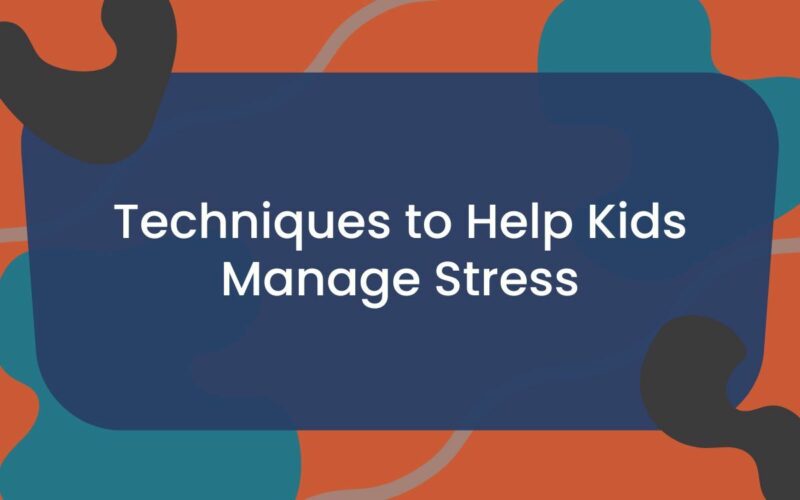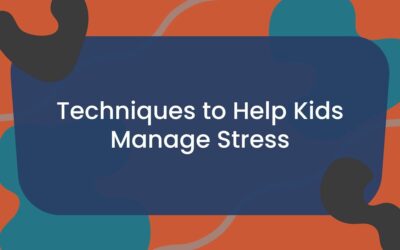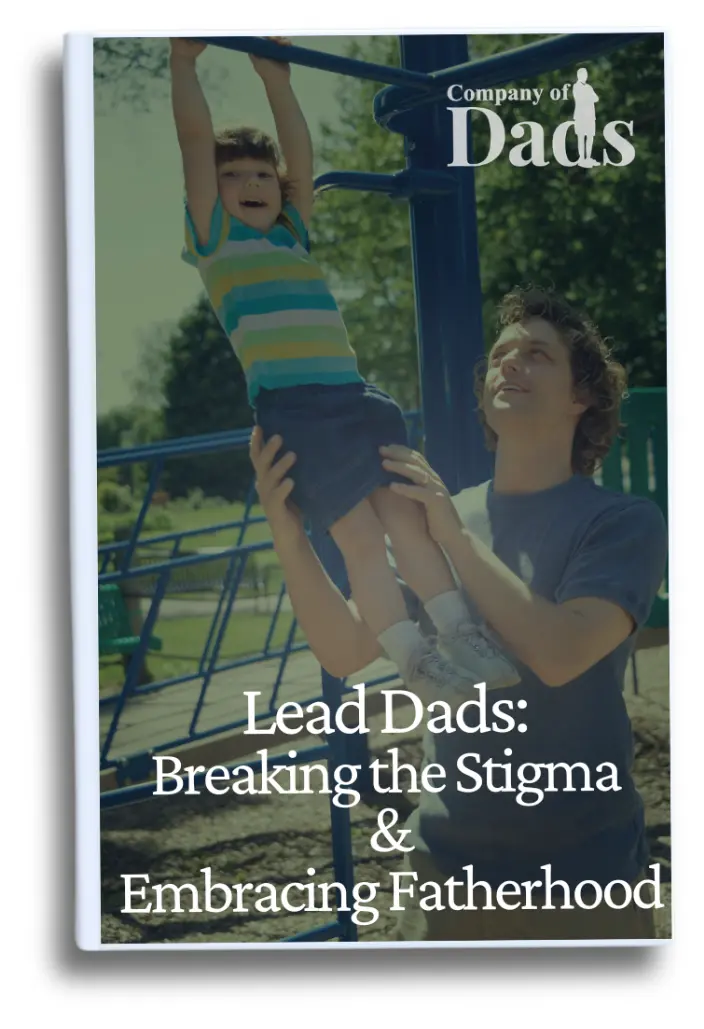Techniques to Help Kids Manage Stress
Stress affects us all, including our kids. However, they don’t possess the emotional intelligence, understanding and vocabulary to express their feelings like we do. As a parent, we must help them through these challenging moments.
Yes, Toddlers Feel Stressed
Kids can feel anxious or overwhelmed for many reasons — tension at home, moving into a new town, the death of a pet or the arrival of a new sibling. The first time I left my son at his grandmother’s house, I returned to get him and noticed he became more clingy and developed difficulties with goodbyes. I realized I needed to do something so he’d feel more secure.
How to Identify Stress
Toddler stress can be tricky to spot. According to the American Psychological Association, it can manifest through irritability, sleeping problems, and changes in behavior and eating. Sickness is also a result — kids who feel mental tension often experience stomach aches or headaches.
When I noticed behavioral changes in my son — who used to be calm when I left home — I practiced short separations. I’d leave the house only if someone recognizable and trusted was around so he still feels comfortable in my absence.
Communication Is Key
The American Academy of Pediatrics introduced me to the three Rs — regulate, relate and reason. It’s a process that can help manage my child’s stress response and help prevent negative mental impacts.
The first step is to check in with yourself and lower your own stress levels. Feeling overwhelmed and frustrated is normal, but the good news is you can do something about it. Go for a walk, chat with your partner or take a few deep breaths.
Additionally, you can maintain consistent routines for your children, such as sending them regularly to daycare or preschool, and preparing them for bedtime at the same time. Schedules let your toddler know what to expect.
Observe or ask how your child wants to be supported. Sometimes, they might like more cuddles, while other times they might seek alone time. Talk to them about their feelings, turning off all distractions. Giving them space to voice and validate their emotions will make them realize vulnerability is acceptable. Let them know they’re not alone and you’ll be there for them along the way.
Lastly, correct any misconceptions and give them hard facts. For instance, if your child refuses to go to daycare, let them know the activities they’ll be doing there. Get them excited about playing, making new friends and doing fun activities.
Stress-Relief Activities
Learning to identify signs of toddler stress and the three Rs led me to more discoveries about helping my kid when he’s feeling sad or frustrated. Here are some helpful activities you can introduce to your child.
Go Outside for Unstructured Play
Playtime is essential for kids’ health and development, so turn off the TV and go outside. Let your child explore in the park. In these moments, they can play their own games, learn how to solve problems and interact with the world.
Spend Regular One-On-One Time
Interacting with your child helps him or her feel seen and understood. For a time, my son developed bedtime anxiety — he’d refuse to lie down on the bed when the lights were off.
I gave him positive daytime experiences to help build his self-confidence. Feeling happy and secure during the day helps him feel safe at night, too. I occasionally stay by his bed until he falls asleep, briefly checking on him every five to 10 minutes.
Provide an Artistic Outlet
Giving your kids paper and crayons can help them cope with stressful moments. Dancing can be a great outlet, too. Play your child’s favorite song, sing along and dance with them until they feel better.
Help Your Stressed-Out Kid
As dads, we must recognize that our children experience stress, too. Applying these communication and stress-relieving techniques can help our little ones navigate through challenging moments with our love.
Jack Shaw is the senior lifestyle writer at Modded with and a single father with a special interest in navigating the ins and outs of being a parent. As fathers, the work we put in isn’t always recognized, but it’s absolutely essential to the health and well-being of our children. You can find more of Jack’s work in publications like Tiny Buddha, Daddy’s Digest, Simply Family Magazine and more.









